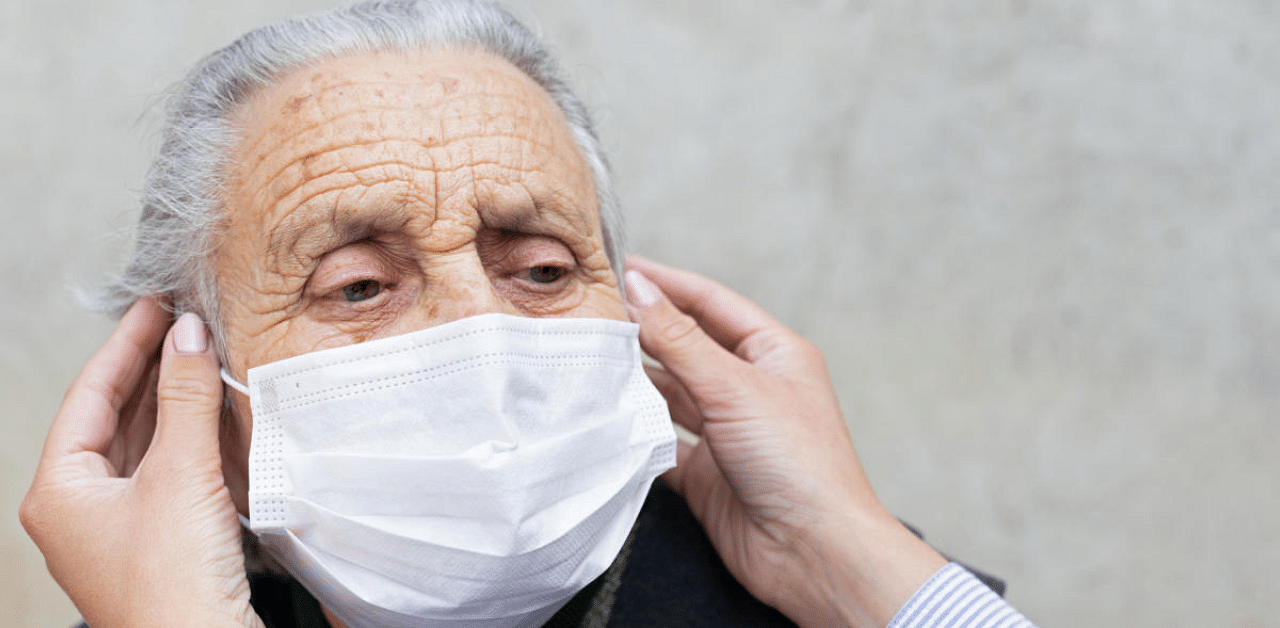
The last five weeks have seen the Covid-19 outbreak in Bengaluru worsen as the city grapples with a spurt in cases and an ongoing ventilator bed shortage which is leaving some in the lurch.
This was the experience of 37-year-old Naveen, a resident of Jayanagar who developed breathlessness but found himself unable to secure a ventilator bed because of a clerical error. A social worker involved in the case claimed that the Bruhat Bengaluru Mahanagara Palike (BBMP) had classified him as a general Covid-patient instead of a priority special case.
“Twenty-four hours elapsed before he was able to get a ventilator bed at the private hospital to which he had been referred by the Palike,” said Manjunath K. He added that the error was sorted out only after intervention by local officials.
The BBMP said it was trying to ease the ongoing ICU bed shortages. “We are increasing the number of ICU ventilator beds in private and government medical colleges,” said D Randeep, Special Commissioner, BBMP.
Nevertheless, activists and even officials said that in the intervening five weeks, the Palike’s once-robust monitoring and oversight mechanism have faltered. One official pointed to improper triaging of Covid-19 patients as being behind many home isolation cases turning serious, which itself has placed a burden on available beds.
Randeep said triaging was not as important as daily follow-ups. “A person in home isolation can turn serious anytime, which is why we follow up by phone once a day. If the person is unreachable, we send a team to look into the problem,” he said.
While the Palike said it did not know how many people had died while in home isolation, government data shows that 946 Bengalureans have died of Covid-19 in the last five weeks, out of which 16 perished at home, while another 126 died within hours of being identified as Covid-positive. This suggests these cases were not identified until the disease was at an advanced stage. Another 120 people died within 24 hours of being identified.
Home isolation to save costs
Two state government-level sources explained that the government emphasised home isolation over hospitals or even Covid Care Centres (CCCs) because it was unable to hire all the medical staff it required to run the extra-bedded CCCs and because it sought to cut institutional care costs.
“On average, it costs the state exchequer Rs 3 lakh per government-quota Covid-19 patient who spends 14 to 17 days in a hospital. That money has to come from somewhere, the taxpayer,” said one official who did not want to be named.
But home isolation is also said to be problematic. Munish Moudgil, the director of the state war room, blamed “violations of home isolation by contacts” as one of the major reasons for the spread of Covid in the BBMP.
As of September 21, 14.8% of the 2,09,773 people in home isolation within BBMP limits have committed a breach. Some 5,026 violations were reported on September 20 alone.